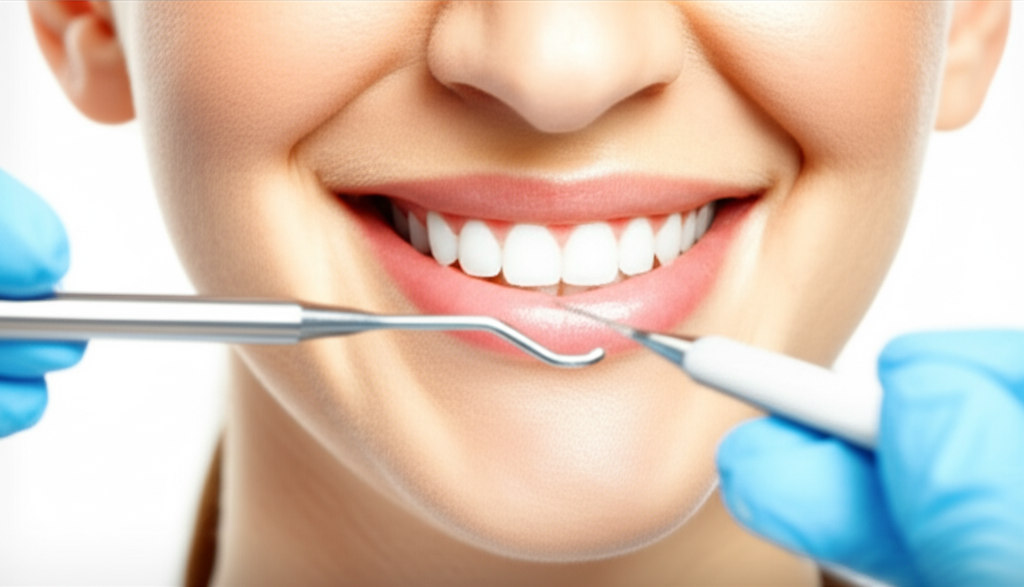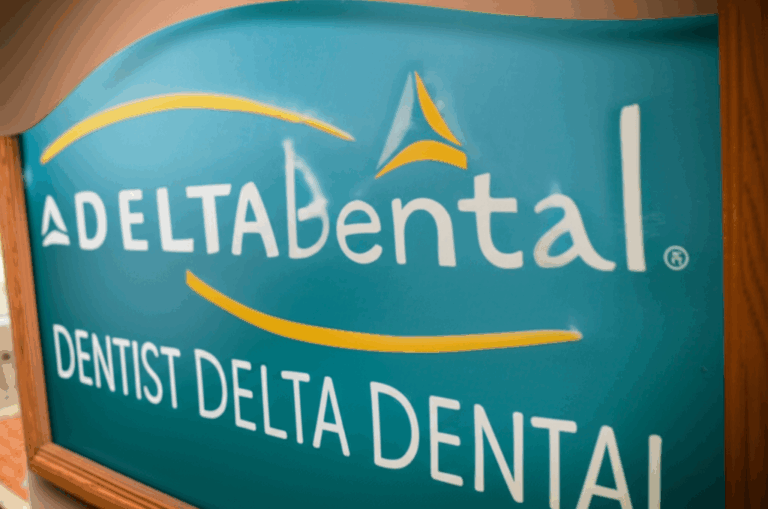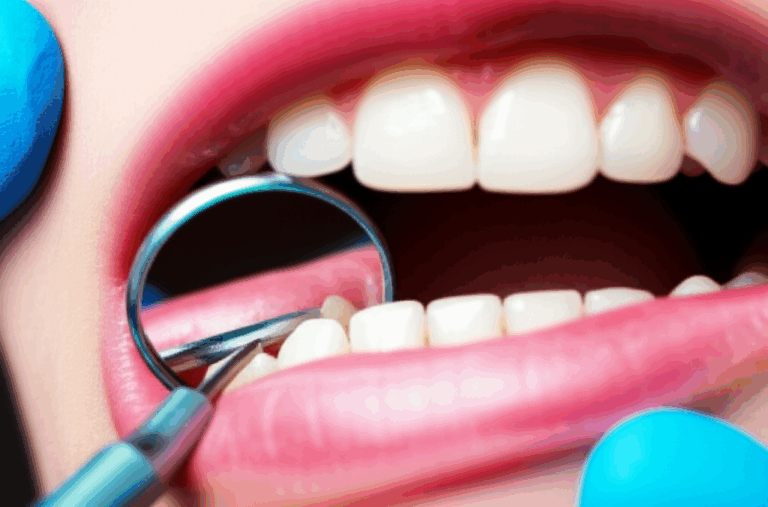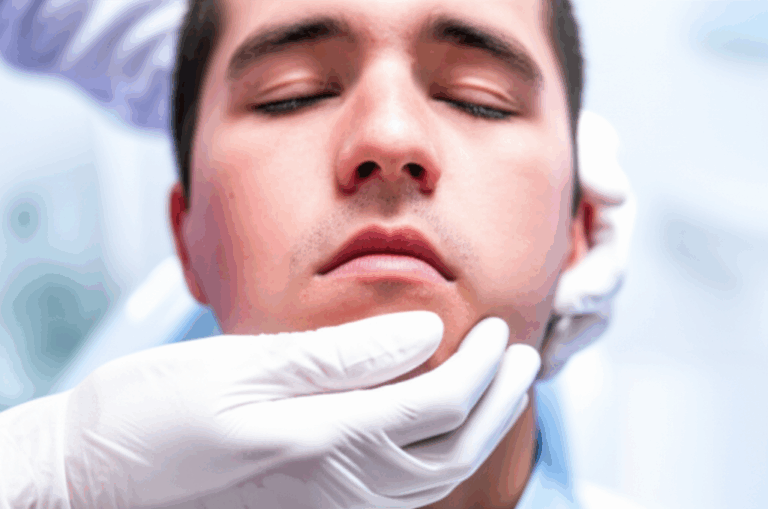
Why Going to the Dentist is Important: Beyond Just a Brighter Smile
Table of Contents
- Stop Cavities and Tooth Decay in Their Tracks
- Guard Against Gum Disease (Gingivitis & Periodontitis)
- Detect Other Oral Issues Early
- Comprehensive Oral Examination
- Professional Cleaning (Prophylaxis)
- Diagnostic X-rays (as needed)
- Personalized Oral Hygiene Advice
Introduction
I used to think going to the dentist was just about keeping my teeth white. That’s how a lot of people see it. I used to dread those visits, holding on to the armrest and counting down the minutes until I could leave. But over the years, I learned that regular dentist visits aren’t only about your smile—they’re about your whole health, your money, and even how you feel about yourself. Let me talk you through why making time for a dental appointment is a bigger deal than I first thought.
Prevent Serious Oral Health Problems Before They Start
Sometimes it seems easier to skip the dentist until something hurts. But from what I’ve seen (and yes, I’ve been through this myself), stopping problems before they start is always better than fixing them later. Here’s how going to the dentist twice a year can save you from a lot of trouble.
Stop Cavities and Tooth Decay in Their Tracks
I remember the pain from my first cavity. I thought I brushed my teeth pretty well, but I didn’t know how much junk stays in spots your toothbrush just can’t clean. Dentists and hygienists have tools to clear away all the stuff—plaque and tartar—that you can’t get at home. Getting my teeth cleaned by a pro at appointments was a real eye-opener for me.
The best thing? Dentists spot problems when they’re still small. The first time my dentist found a tiny spot of decay, he saved me from pain, needing a big filling, and paying for a root canal later. I didn’t even feel any pain! Catching things early is really important—it’s like finding a tiny leak before the whole roof falls in.
Stuff like fluoride gel and dental sealants for kids really work too. I took my niece for sealants, and she didn’t get a single cavity that year. I wish I had those when I was younger!
Guard Against Gum Disease (Gingivitis & Periodontitis)
Gum trouble isn’t just for old people—believe me, I found out the hard way when my gums started bleeding every time I brushed. That’s a sign of early gum disease called gingivitis. If you don’t deal with gingivitis, it can turn into periodontitis, which is way worse and can hurt the bone holding your teeth. My dentist told me if you let your gums stay inflamed, you could lose teeth, have bad breath all the time, and even mess up your jawbone.
One thing I found out was that deep cleans (called scaling and root planing) can actually reverse early gum trouble. I was shocked to learn about half of adults over 30 have it in some form! That’s a lot, isn’t it?
Detect Other Oral Issues Early
Some things show up with no warning. At one regular visit, my dentist did a quick oral cancer check—it took a minute and could save my life. If you catch oral cancer early, it’s much easier to treat.
Grinding your teeth at night (bruxism) and jaw joint problems (TMJ) are things you may not notice until damage shows up. My friend ignored her sore jaw at night until her teeth started chipping. The dentist saw the problem and got her a night guard dental lab mouthpiece that protected her teeth—and her nerves.
Crowded teeth and other bite problems can lead to teeth wearing down and even trouble talking right. Best to find those problems early, because fixing them is usually easier and cheaper sooner than later.
Your Oral Health is a Window to Your General Health
Most folks don’t realize how much your mouth tells you about your body. I sure didn’t. But the more I learned, the clearer I saw: how well you care for your mouth affects more than just eating and talking.
The Powerful Oral-Systemic Link
Here’s where it gets really interesting. Gum germs and swelling don’t just stay in your mouth—they travel through your blood and can affect your heart, blood sugar, and how your body fights sickness.
For example, gum disease makes you more likely to get heart disease and strokes. That fact surprised me: folks with gum disease are more than twice as likely to have a heart problem than people with healthy gums. Diabetes is linked too. If you have diabetes, you’re more likely to get bad gum problems, and having gum trouble can mess up your blood sugar.
If you’re expecting a baby, this matters too. My cousin’s dentist made sure she kept her checkups during pregnancy. Bad mouth health can mean a higher risk of having the baby too soon or with low birth weight. I’d never guess your gums could affect your baby!
There’s research pointing to a connection between gum disease and dementia. Also, mouth bacteria you breathe in can cause pneumonia, which really hits older people hard.
It’s wild how many sicknesses show up in your mouth first. The American Academy of Periodontology says almost 90% of long-term diseases show early warning signs in your mouth. Going to the dentist could spot something big early on.
Impact on Digestive Health and Nutrition
I love good food, but you need healthy teeth to eat well. When I had a bad toothache, I realized a sore tooth or missing tooth messes up not just your mood but the food you pick. I started avoiding crunchy, healthy stuff like apples just because it hurt. When eating hurts, you’ll end up eating more soft, not-so-healthy food, and that can mess with your health over time.
You need to chew well to help your stomach work right—if you can’t, your stomach and gut have to work even harder. This is just one more reason that small problems in your mouth can turn into bigger health problems.
Save Money and Avoid Pain in the Long Run
I’ve always tried to save money, and I used to think skipping the dentist would save me a few bucks. I was so wrong. Let me explain why.
Preventive Care vs. Restorative Treatment Costs
Regular cleanings and exams are much cheaper than fixing stuff after it goes bad. A regular checkup might cost you $75 to $200 in the U.S. Did you get a cavity? Fixing that is $150 to $450. Wait too long and need a root canal? That’s $700 to $2,000. Lose a tooth and want an implant? That’s thousands more. Costs go up so fast if you let little things go.
When I had my second cavity, it finally hit me. Skipping visits didn’t save money—they just meant I paid more later on.
Worst of all, dental emergencies happen at the worst times—usually on the weekend or before something important. I had to learn the hard way: pain doesn’t wait until it’s a good time.
Preserve Your Natural Teeth for Life
There’s nothing better than keeping your own teeth. Sure, science has come up with great replacements like crowns and bridges, implants, and removable dentures, but I’d always rather keep my own teeth. Losing teeth affects how you eat, speak, and even feel about yourself. It also makes your other teeth shift and can hurt your jawbone.
If you don’t go for dental care long-term, you’re more likely to lose all your teeth. The CDC says one in four people over 65 don’t have any teeth left. That number shocked me. It’s sad, but it’s something you can avoid.
Boost Your Confidence and Quality of Life
Your mouth health isn’t just about being healthy—it’s about enjoying life. Smiling, talking, and eating with no pain starts with healthy teeth.
Achieve a Confident, Healthy Smile
I used to hate smiling in pictures. My dentist helped me see that stains, broken teeth, and even bad breath aren’t just about looks—they can be signs of problems. Regular dentist visits and honest talks made me feel good about my smile again. People even started to say nice things about it!
If you want to fix bigger things with how your teeth look, modern dental ceramics labs have some great options for repairs, and you can always ask about veneers for a big change.
Improved Speech and Chewing Function
Missing teeth or sore gums don’t just bug you—they can make you talk funny or skip meals with friends because you can’t enjoy eating. I knew someone who missed family dinners since chewing was so painful. After going to the dentist to fix it, they started joining in again and felt more like themselves.
You need strong, healthy teeth to eat what you want and talk without worry. Don’t let bad teeth decide what’s on your plate—or who you hang out with.
Overcoming Dental Anxiety
If the dentist scares you, you’re not alone. I used to be really nervous too. Funny thing is, the more I went, the easier it got. Good visits built trust, and it wasn’t as scary as it first seemed.
Dentists know about these fears more than ever now. Some offices use tricks like playing movies, music, or even using nice smells to help you relax. Getting over your fear starts by just showing up that first time.
What to Expect During a Routine Dental Visit
Even with all these reasons, I know fear of the unknown stops a lot of people. So, here’s what really happens at a regular appointment—from what I’ve seen myself.
Comprehensive Oral Examination
Every visit starts with a good look in your mouth. The dentist checks for cavities, old fillings, gum health, any signs of oral cancer, and previous dental fixes. They might check your bite or jaw too. I always think of it as a detective looking for clues.
Professional Cleaning (Prophylaxis)
This is my favorite part—my teeth always feel cleaner than ever. Hygienists use special tools to get off hard plaque you can’t remove at home. They also polish off stains, so your mouth feels really fresh.
Diagnostic X-rays (as needed)
You might not need X-rays every time, but when you do, they’re fast and most are digital now. These pictures help find problems between teeth, bone loss, or teeth coming in wrong. It’s nice to get some extra peace of mind.
Personalized Oral Hygiene Advice
Every single visit, I learn a little something. Maybe it’s a better way to floss, a new kind of brush, or what foods can be rough on your teeth. Dentists know the newest info, so you don’t have to look it all up. They want to help you have good habits between visits—habits that keep you healthy, comfortable, and save you money.
Conclusion
Looking back, I wish I hadn’t skipped dentist appointments. The time I tried to save by not going cost me way more later in money, pain, and even my confidence. By facing my fears and making dental care a habit, I protected not just my teeth, but also my heart, my wallet, and how I feel about myself.
So, if you’re not sure, don’t wait for a toothache to force you to go. Make the choice now. Your future self—and your smile—will be glad you did. Go ahead, book that next dentist visit and put your mouth’s health first. Your mouth is a big part of your total health.








